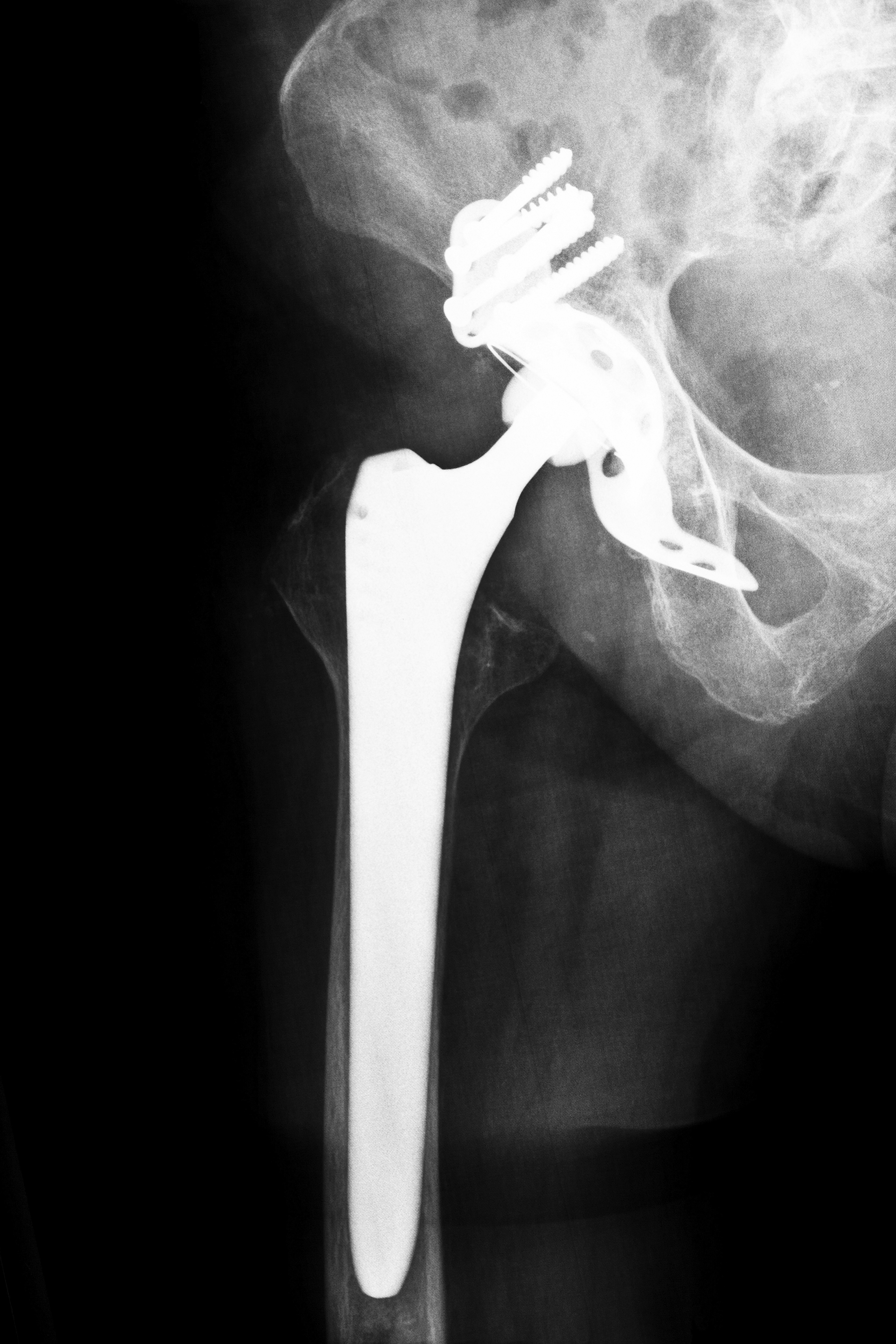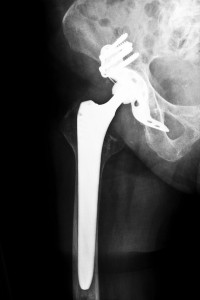DePuy Hip Recall Lawsuits
Tennessee DePuy Hip Recall attorneys are available to answer your questions so feel free to call any time. The DePuy Orthopedics ASR XL Acetabular hip replacement device represented the latest in medical technology when it was introduced nearly a decade ago. However, recipients of the ASR subsequently began to experience health complications, and in some cases required reparative surgery. Tennessee residents who are having problems after an ASR implantation are entitled to monetary compensation, and they should consult with a personal injury attorney for the purpose of considering their legal options.
In the first of what may be a number of lawsuits stemming from the defective implant, the plaintiff was awarded more than $8 million by a California state court in March. Future litigation involving multiple plaintiffs will be conducted under U.S. federal court jurisdiction. It has been estimated that some 10,000 recipients of the ASR may have a legal case against DePuy, which is a division of the company Johnson & Johnson.
A Closer Look
Featuring all-metal components, the ASR was supposed to offer greater strength and longevity, but its design may actually have been a factor in its downfall. Such implants can through the normal process of wear produce metal debris that can in turn cause harm to surrounding human tissue. Some of those who had received the implant developed aseptic lymphocyte-dominated vascualitis-associated lesions, which are caused by the presence of metal particles and ions, while others reported pseudotumors, which resemble actual tumors and may also be a toxic reaction to metal particulates.
According to an early estimate, approximately 12 percent of the recipients of the ASR would require surgery to replace the implant. Research that was completed more recently indicated that around 20 percent of the recipients would need corrective surgery no more than four years after receiving the device, and about half would need surgery after no more than six years. A study that appeared in a British medical publication indicated that all-metal hip implants generally have higher failure rates despite being no more effective than traditional devices. The ASR was approved for use by the U.S. Food and Drug Administration (FDA) under a method that did not require it to undergo clinical trials, and a number of orthopedists have expressed the opinion that the implant was designed in such a way that could hamper proper implantation.
The FDA has received more than 300 complaints concerning the ASR since 2008, and in late 2009 the manufacturer announced a recall of the device in Australia. A recall was issued in the U.S. in March 2010, and that same month the manufacturer issued a letter to the medical community that contained scathing information about its own product. Specifically, the information pointed to a failure rate in the ASR that was higher than that of conventional implants in certain patients. The risk of failure was considered to be the highest in patients of small stature, with women and patients who have weak bones being more likely to fall into this category. The manufacturer had in 2009 announced plans to phase out the ASR by the end of 2010, but this action came after more than 90,000 patients throughout the world had already received the device. One press account indicated that DePuy executives knew about the high rate of failure in their product a year before the initial recall.
Moving Forward
Corrective surgery can be expensive, and patients are entitled to compensatory damages to help cover these costs and to make amends for the pain and anguish that often accompanies a medical procedure. Those living in Tennessee who have developed health problems as a result of an ASR implant should turn to a Tennessee DePuy Hip Recall attorney, who can be the best advocate in helping them seek the compensation that they deserve.







